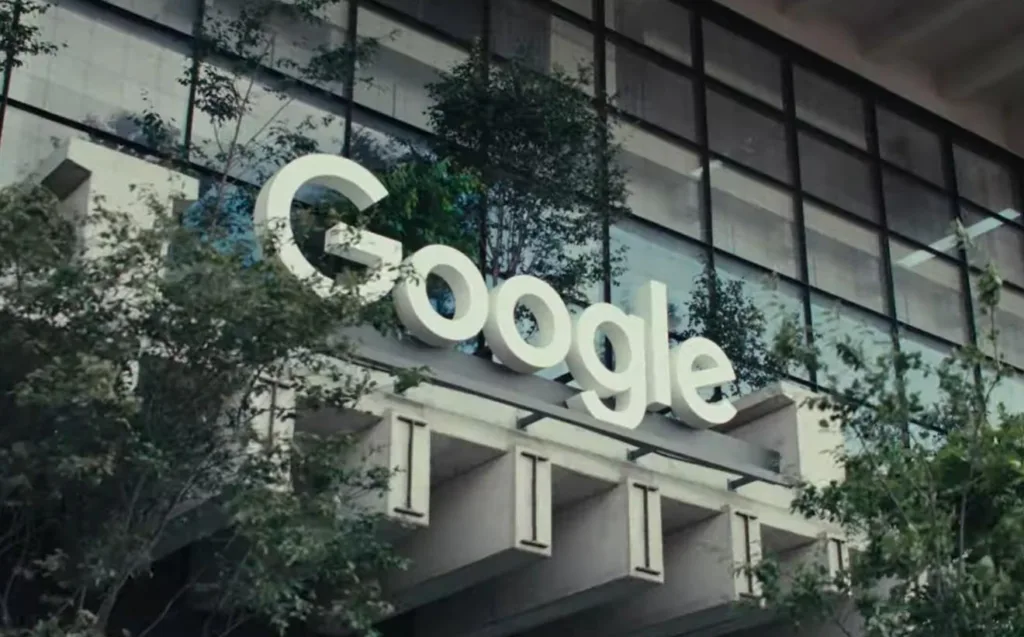Google announced two new partnerships aimed at eliminating “superpollutants,” or gases that are dozens of times more potent than CO2 in terms of their global warming impact, from the atmosphere.
The new partnerships, with solution providers Recoolit and Cool Effect, include long-term credit purchases by Google equivalent to removing 1 million tons of CO2.
According to the IPCC, superpollutants, which can include gases such as methane from fossil fuels or agriculture, or hydrofluorocarbons (HFCs) from refrigerants or HVAC systems, are responsible for almost half of global warming to date, with elimination of these elements presenting one of the most powerful near-term tools to address climate change.
Randy Spock, Carbon Credits and Removals Lead at Google, said:
“Destroying these pollutants is one of the most powerful levers available today to slow down climate change in the near term. That’s why we’re supporting two partners who are each taking a distinct approach to verifiable, additional superpollutant destruction.”
Founded in 2020, Jakarta-based Recoolit offers technology enabling HVAC technicians in Indonesia to capture HFCs from refrigerants in residential and commercial cooling systems, and to destroy the gases permanently. According to Spock, Google is partnering with Recoolit to scale up operations by 10x and to expand to other countries.
In a post announcing the agreement, Recoolit co-founder and CEO Louis Potok said:
“The momentum in this space is starting to build: it’s exciting to see the leaders who catalyzed carbon removal tech realize keeping the planet livable requires both long-term durable removals and emergency-brake short term measures like refrigerant destruction.”
Launched in 2015, non-profit Cool Effect works with project developers, representing high quality greenhouse gas emissions reduction projects to ensure that they legitimately reduce emissions, providing authentication to confirm projects’ science and financials. According to Google, the partnership will enable Cool Effect’s local partner Orizon Valorização de Resíduos to install methane destruction equipment at a landfill in Cuiabá, Brazil.
In a post announcing the agreement with Google, Cool Effect CEO Jodi Manning said:
“In 2022, the IPCC emphasized the urgent need to reduce methane emissions to help avert the worst impacts—calling for a 30% reduction by 2030. Projects like Orizon Valorização de Resíduos Ecoparque Pantanal are critical. Google’s investment is a powerful signal that the corporate sector is taking action by supporting high-integrity, science-backed solutions.”
While substantially more potent than CO2, superpollutants also tend to be shorter-lived in the atmosphere. Google noted that the new agreements would have a near-term impact similar to removing 3 million tons of CO2, but a long-term impact of roughly 1 million tons. Accordingly, Spock said that the company will either use the credits from the agreements to match against shorter-lived emissions in Google’s footprint, or replace them with longer-lived credits as their atmospheric impact expires.
Spock added:
“We can’t combat climate change without solving for superpollutants – and we’re eager to use every tool we have available to catalyze the range of solutions needed to address near-term warming.”

